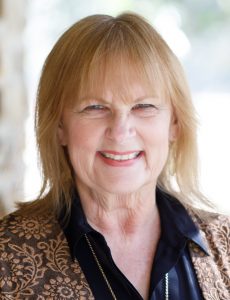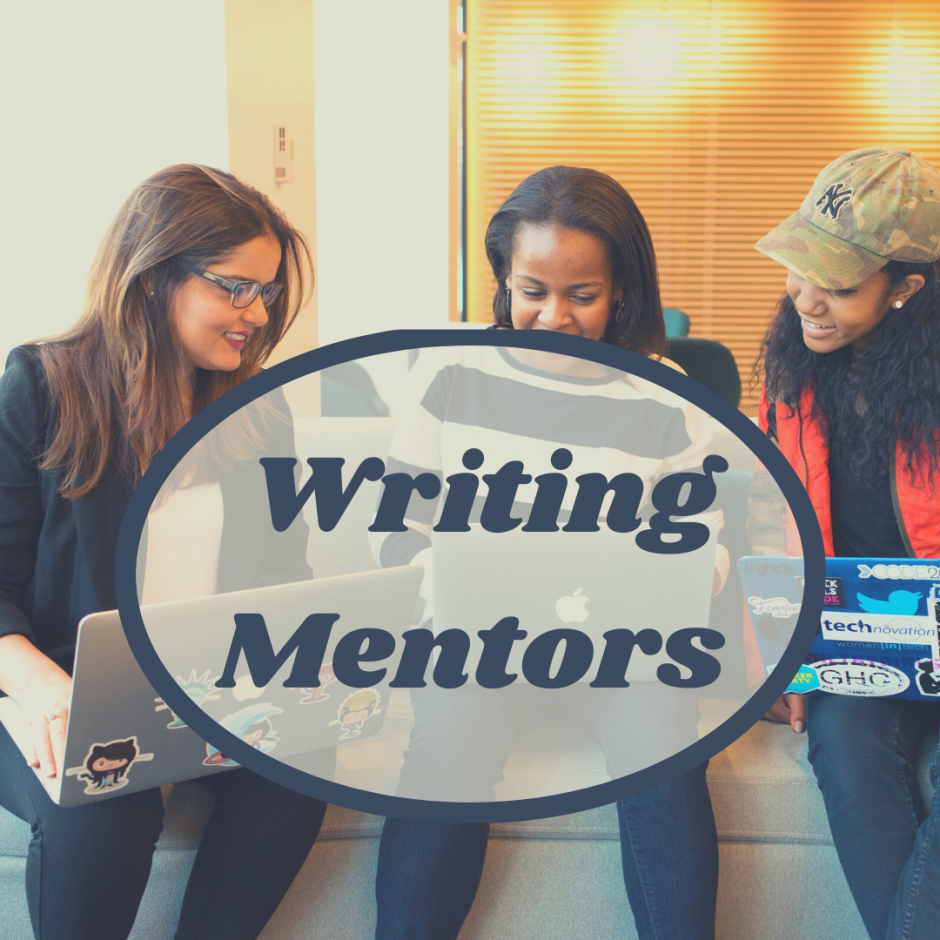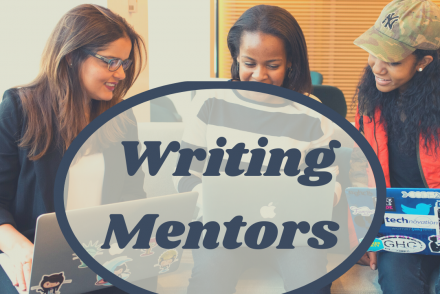Why do you write? Do you have a theme, message, or goal for your books?
I write to teach others how to have a rich, purposeful life through the study of God’s Word and prayer.
How long have you been writing?
God called me to write for him in 1986. I began writing articles for Christian magazines, then started writing books a few years later. I wrote while also working full-time as a high school English teacher and raising four kids.
Tell us about one of your greatest joy(s) in your writing career.
(1) Meeting a reader I had not known who tells me my book changed her life (typically the book PrayerWalk).
(2) A few awards: Mt. Hermon Christian Writers Conference Writer of the Year (1993), 2020 Jennifer Kennedy Dean Award (AWSA), and AWSA Member of the Year (2004)
Tell us about one of your darkest moment(s) in your writing career.
My darkest moment was the day my husband Craig was falsely convicted of six felony animal abuse charges related to the deaths of six young calves in a two-day snowstorm; we took on the appeal ourselves, and the case was overturned in the California Court of Appeals two years later in 2007. We had 5-1/2 years of struggle related to that criminal case that should never have gone to trial. I am planning on writing a memoir related to that unjust experience. I didn’t have a published book from the 2006 to 2015; the experience really was tough, and it still hurts.
Rejection is a common experience for writers. How do you overcome rejection? How has rejection shaped you or your career?
From the years of writing articles before I began writing books, I learned several things from rejections: (1) it’s important to study the publication/publisher before submission; (2) editors are [almost] always right—learn from them; and (3) a rejection will eventually lead to an acceptance—it’s part of the process and your own personal refinement as a writer and a person.
In what ways has God led you to mentor other writers? Were you surprised when a certain skill or connection led to mentoring opportunities?
My mentoring started with my teaching high school students how to write. I believe the most difficult challenge of any teacher is teaching students how to write. No one other than my high school journalism teacher ever taught me anything about writing form. I figured out how to break down the components of a genre, be it an argumentative essay or a devotional book. I started teaching at writers conferences years agot, and then this last year became certified as a personal coach for writers and speakers, started my coaching business, and created the Sierra Valley Writers Retreat in my home. I just held my third one in May. It’s superfun!
Tell us about a facet of mentoring that particularly excites you.
I particularly love to coach a new writer who follows through and does the hard work of writing without making excuses. Coachability is a key to learning; perseverance is also critical to moving forward as a writer.
What venues/methods have you found most effective for meeting and mentoring writers?
I’ve been around the Christian writing world since 1986 and have many wonderful writer friends around the country; many of those I met at writers conferences or through the Advanced Writers and Speakers Association or Christian Authors Network as well as other writer associations.
My coaching methods focus on teaching genre form, chapter form, and proposal form.
Have you organized or led groups to support writers? (Retreats, ACFW chapters, etc.) How has that experience helped you to mentor writers?
Last fall I started the Sierra Valley Writers Retreat, a four-day retreat that teaches writers how to write nonfiction books; I can host four women in my home. I teach nonfiction genre form, how to study form, chapter form, proposal creation, and storyboarding. I can also offer individual critique sessions.
Have you organized or directed a writers’ conference? Tell us about that experience, and/or share an anecdote that illustrates how you saw writers being mentored and encouraged through the event.
No—not a conference, just the retreat as I explained earlier.
If you speak at writers’ groups or conferences, what are some of your favorite topics to speak about?
- Nonfiction Book Form: Understanding Devotionals, Gift Books, Christian Living, Bible Studies, and Memoir
- Studying Nonfiction Form: How to Structure a Chapter
- Nonfiction Book Proposal: How to Create a Book that Will Meet Real Needs
- Branding and Social Media: Creating a routine while You Create Your Brand
- Storyboarding: Creating a Detailed Outline with the Help of Friends
- Devotional Writing: The Nuts and Bolts
- How to Create a Winning One-Sheet
- Benefits of Doing a Work-for-Hire Book
- How to Do Your Own Audiobook
- Prayerful Writing: Devotional Practices that Inspire Your Writing
What advice do you have for writers as we interact with our peers? What can we do to be better supporters and mentors of our fellow writers?
- Be interested in others—don’t worry so much about impressing them.
- Support them in their successes—shout out their good things on social media to help them.
- Develop deep relationships—care about others in tangible ways.
- Pray for them through their dark times.
- Send cards when they experience loss.
Do you have a favorite resource or two that you recommend to beginning writers?
- The Christian Writers Market Guide
- Christian writers conferences
- Tricia Goyer’s Write That Book course (on the craft)
- Alice Crider’s Author Access Masterclass (on marketing)
Do you have a favorite resource or two that you recommend to writers who are struggling with discouragement?
- The Bible: read a big chunk of it every day, looking for a personal application
- Your writer people: find them, and they will help you keep on keeping on
What are common mistakes you see aspiring writers make?
I often see aspiring writers just sit down and start writing. They really need to create a proposal first, even if they’re going to self-publish the book. My agent, Janet Grant, says a proposal is basically a business plan, but it also is a vehicle for creating a much better book. It will focus the content, better meet the needs of the potential audience, and create a product that is unique.
What advice can you give aspiring writers that you wished you had gotten, or that you wished you would have heeded?
Beginning writers should find their tribe to have a ready-made audience for their book. They should also attend as many different writers conferences as they can—to make connections in the industry and to learn the craft. I attended THREE major Christian writers conferences within that first year after God called me to write for him, and I kept going to one (Mt. Hermon) nearly every year thereafter.

A national speaker, Janet McHenry is the author of 24 books–six on prayer, including the bestselling PrayerWalk and her newest, The Complete Guide to the Prayers of Jesus. She is also the creator of the masterclass Prayer School, a certified writing and life coach, and the host of the Sierra Valley Writers Retreat. Janet and her husband Craig raised four children in the Sierra Valley in northern California, where he is a rancher and where she taught high school English and served as an academic advisor. She loves connecting with readers and writers: janetmchenry.com.
Where to buy books:Amazon.com, Christianbook.com, Barnesandnoble.com, janetmchenry.com
Social media and web links:
- Facebook profile: janet.mchenry.9
- Facebook author: JanetMcHenryAuthor
- Instagram: janetmchenry
- Twitter: LookingUpFirst
- Pinterest: janetmchenry
- LinkedIn: janet-mchenry
- Website and blog: janetmchenry.com
- Prayer School
- Sierra Valley Writers Retreat
- Janet McHenry Coaching





No Comments